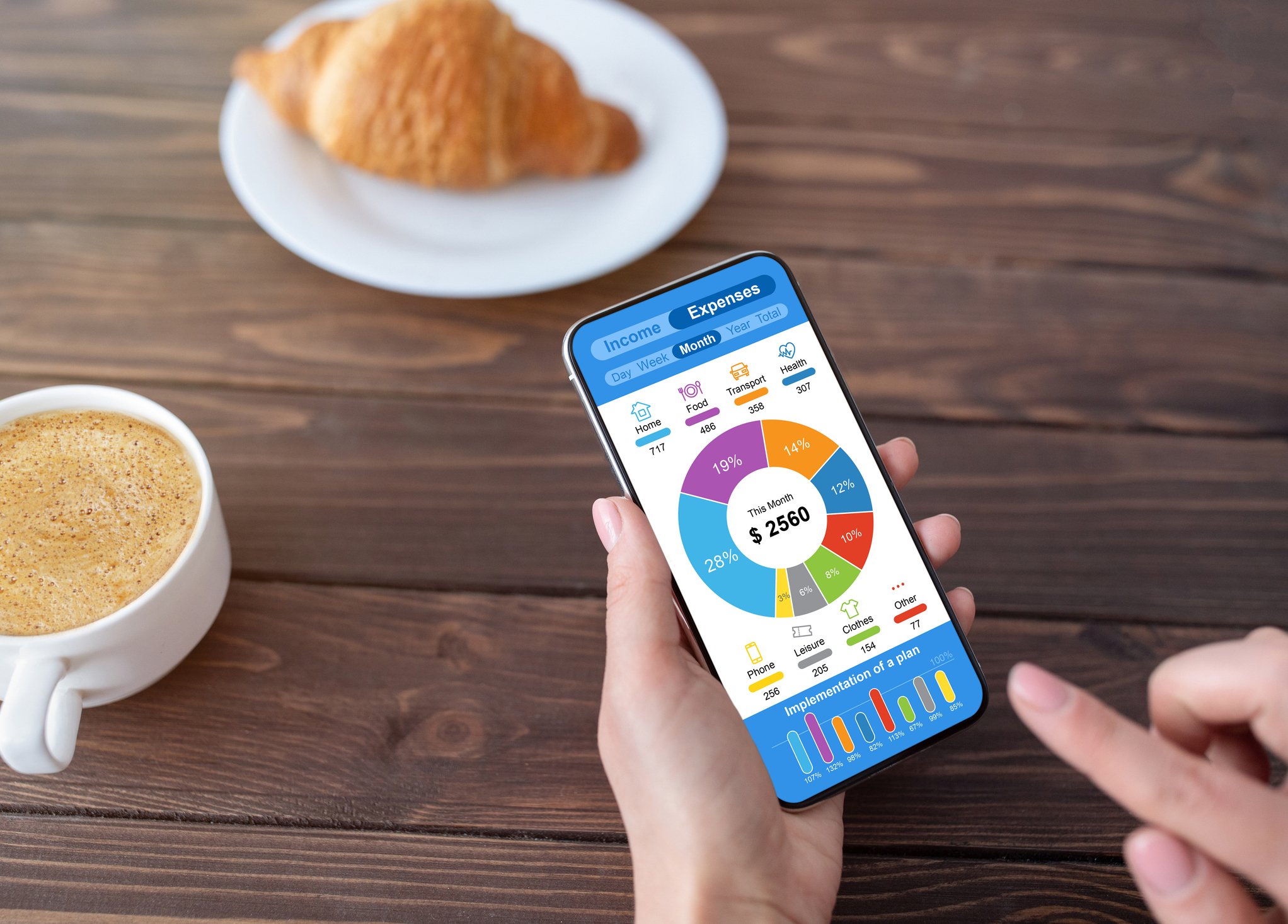Social media can help us stay in touch with loved ones, make new friends, have fun and even shop. But it’s also a tool for scammers. Learn about social media safety.
If you are on social media, there’s a good chance you or someone you know has been hacked. Often, it means someone got access to your account or made a duplicate account and sent messages to your friends and family pretending to be you.
In reality, there are many ways scammers can use social media to steal information and money. Keep reading to learn some of the more common social media scams and how to protect your privacy, finances and data.
4 Ways Social Media Makes You Vulnerable
1. Making personal information public. You may be sharing a lot more information online than you realize. Take a look at your privacy settings. Things you think you are sharing just with friends may be available for the whole world to see. Information like your phone number, email address, birth date, location, etc. — all of which could be used for identity theft — could be publicly available in your profile. Location services on some apps may even let people know where you currently are.
2. A photo is worth a thousand words. Your photos could be telling the world a lot more than you intended — and if you are not careful with your privacy settings, these photos could be publicly available. Are there valuables in the background that might pique a thief’s interest? Or maybe your address, license plate, or a sensitive document are accidently in the frame. If you are posting photos on vacation, it can alert criminals that you are not at home and your property is unprotected.
3. Making you searchable. Someone may be able to find you — and a lot of personal information about you — through your accounts simply by doing a Google search of your name. If your accounts are public, you could be sharing more than you want to with strangers, estranged relatives, employers, etc.
4. The trust factor. Social media is the online place for friendships. These are people you know and trust, right? Not necessarily. Someone can pretend to be an acquaintance to get you to share personal information. Or they can pretend to be you to take advantage of your loved ones. How well do you really know everyone on your friends list or all of your followers? It’s very easy to pretend to be someone you are not online.
Common Social Media Scams
According to FTC.gov, “More than one in four people who reported losing money to fraud in 2021 said it started on social media with an ad, a post or a message. In fact, the data suggest that social media was far more profitable to scammers in 2021 than any other method of reaching people.” Here’s a shocking fact … Social media scams cost 95,000+ people over $770 million in 2021!
Scammers are always finding new ways to trick people. But knowing some of their common tactics can help you protect yourself. Here are three of the most common social media scams:
1. Investment Scams – Someone pretending to be your friend, or with unauthorized access to your friend’s account, might encourage you to invest. Or an ad might take you to a very professional-looking website. Scammers are good at making investment opportunities seem legitimate and trustworthy. You should know: More than half of all investment scams now start on social media.
2. Romance Scams – These are the next most profitable social media scams. These scams often start with a friend request or message from a stranger. Flirting and sweet talk follow. Eventually, a request for money happens. That is a clear sign this “relationship” is not what you thought it was.
3. Online Shopping Scams – In addition to the ads that flood your feeds, you can even shop directly through several of the major social media platforms now. But be very careful about clicking on ads or buying through social media. Scammers can make fake sites that look very similar to legitimate ones. Many people report placing online orders and paying for merchandise but never receiving their product — and now their credit card number, address and other personal information may also be compromised.
Read our next blog: 6 Ways to Protect Yourself on Social Media
Heritage Bank is here to help. If you are a Heritage Bank customer and suspect you’ve been a victim of fraud, call (859) 869-2999 or your local branch. Do not hesitate to reach out. It’s better to ask now than regret it later.
Heritage Bank. Member FDIC.



